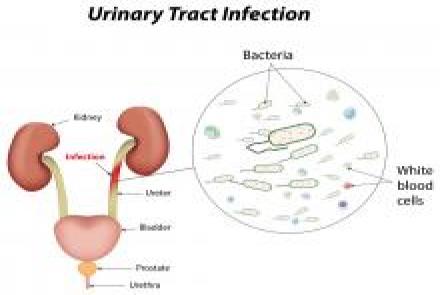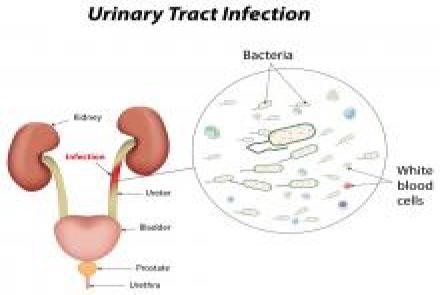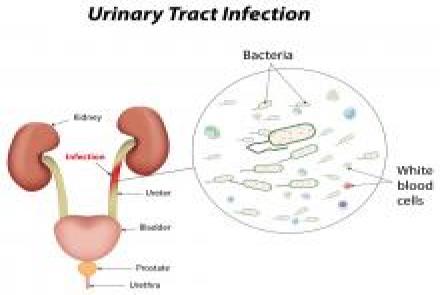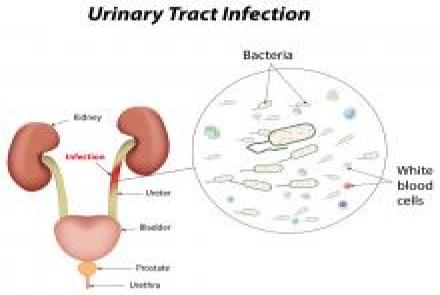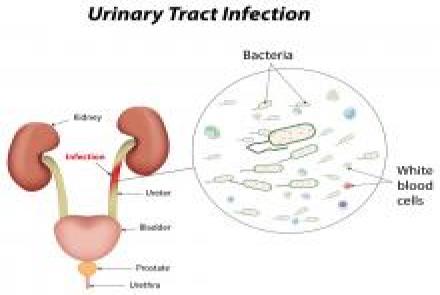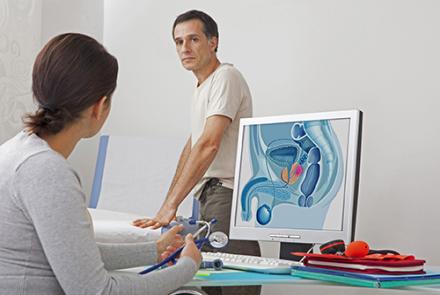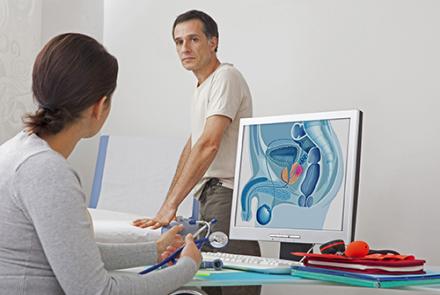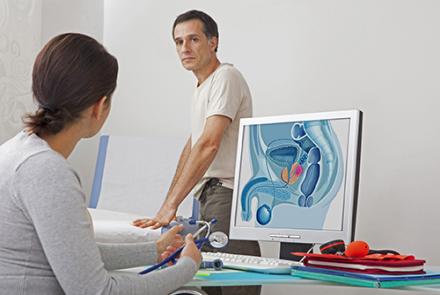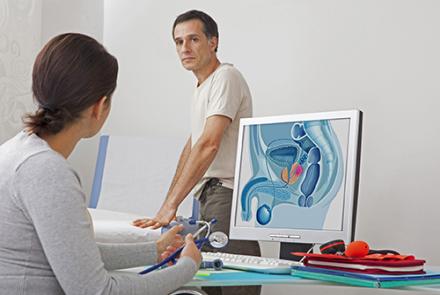Antibiotics are used to treat UTIs. Lower UTIs can be treated with oral antibiotics. Upper UTIs require intravenous antibiotics. Sometimes, bacteria develop resistance to antibiotics. Urine cultures can help your doctor select an effective antibiotic treatment.
The following antibiotics are used to treat UTIs:
Beta-lactams, including penicillins and cephalosporins (for example, Amoxicillin, Augmentin, Keflex, Duricef, Ceftin, Lorabid, Rocephin, Cephalexin, Suprax and others).
Trimethoprim -…
Latest Stories
- Diagnosis History and physical exam may suggest whether you have a lower or upper UTI. Definitive diagnosis requires a “clean catch” urine specimen. This is urine collected from the middle of the urinary stream (decreases the contamination of cells and microbes). The doctor will instruct how to do a clean catch. The goal is to avoid picking up bacteria from patient’s skin. Read: Know Your Tests: The Urine Test Doctors will look for a large number of white blood cells in the…
- Symptoms of UTI depend upon what part of the urinary tract is infected. Lower UTIs are infections of the urethra and bladder. Their symptoms include: Burning with urination Increased frequency of urination with scant amounts of urine being passed Bloody urine (blood in urine) Cloudy urine (milky colored urine) Urine that looks like cola or tea (dark brown coloured urine) Strong odour to urine Pelvic pain (women - lower abdominal pain) Rectal pain (men - anal pain) Upper UTIs are infections of…
- Anything that reduces the bladder emptying or irritates the urinary tract can cause UTIs. Many factors can put someone at risk. Obstructions: Blockages that make it difficult to empty the bladder can cause an UTI. Obstructions can be caused by an enlarged prostate, kidney stones and certain forms of cancer. Gender: Women are more likely to get UTIs. This is because their urethras are shorter. UTIs in men are less common and more serious. Sexual Activity: Pressure on the urinary tract during…
- Types of UTI There are a number of different types of urinary tract infections. Urinary tract infections usually develop first in the lower urinary tract (urethra, bladder). If these infections are not treated, they may progress to the upper urinary tract (ureters, kidneys). Bladder infection (cystitis) is by far the most common UTI. Infection of the urethra is called urethritis. Kidney infection (pyelonephritis) is a serious condition that requires urgent treatment. Pyelonephritis…
- Many cases of prostate cancer do not need treatment. Because they are so indolent, they do not threaten the individual. For men who harbour tiny, slow-growing lesions, watchful waiting or active surveillance (preferred term) is often preferable to treatment, which may include a combination of surgery, radiation therapy, hormone therapy or chemotherapy. When it only occurs inside the prostate, it may be curable. In those in whom the disease has spread to the bones, pain medications,…
- Managing prostate cancer In addition to treatment options discussed, here are other aspects of managing Prostate Cancer. Diet tips for prostate health: Include the following: Include fruits and vegetables in daily diet Chose plant proteins like beans, cereals, seeds and nuts Eat foods rich in Omega-3 Eat wholegrain and natural foods high in fibre Drink lots of water Avoid the following: Dishes high in red meat, dairy products and animal fat High intake of calcium supplements and dairy…
- What tests do you need to have done 1. Personal and family history The doctor will ask about your medical history and whether or not any close relatives were diagnosed with prostate cancer. He or she may also ask about certain symptoms that might indicate prostate disease (including cancer). Waking during the night to urinate, frequent need to urinate, or difficulty starting or stopping while urinating may indicate that your prostate is enlarged. These symptoms suspect but do not raise…
- Symptoms Early prostate cancer often does not cause signs or symptoms. When signs of prostate cancer do occur, they may include: Urinating more often, especially at night Difficulty starting urinating or holding back urine Not being able to urinate Weak or interrupted flow of urine Painful or burning urination Painful ejaculation (release of semen through the penis during orgasm) Blood in the urine or semen Frequent pain or stiffness in the lower back, hips or upper thighs Other late symptoms…

